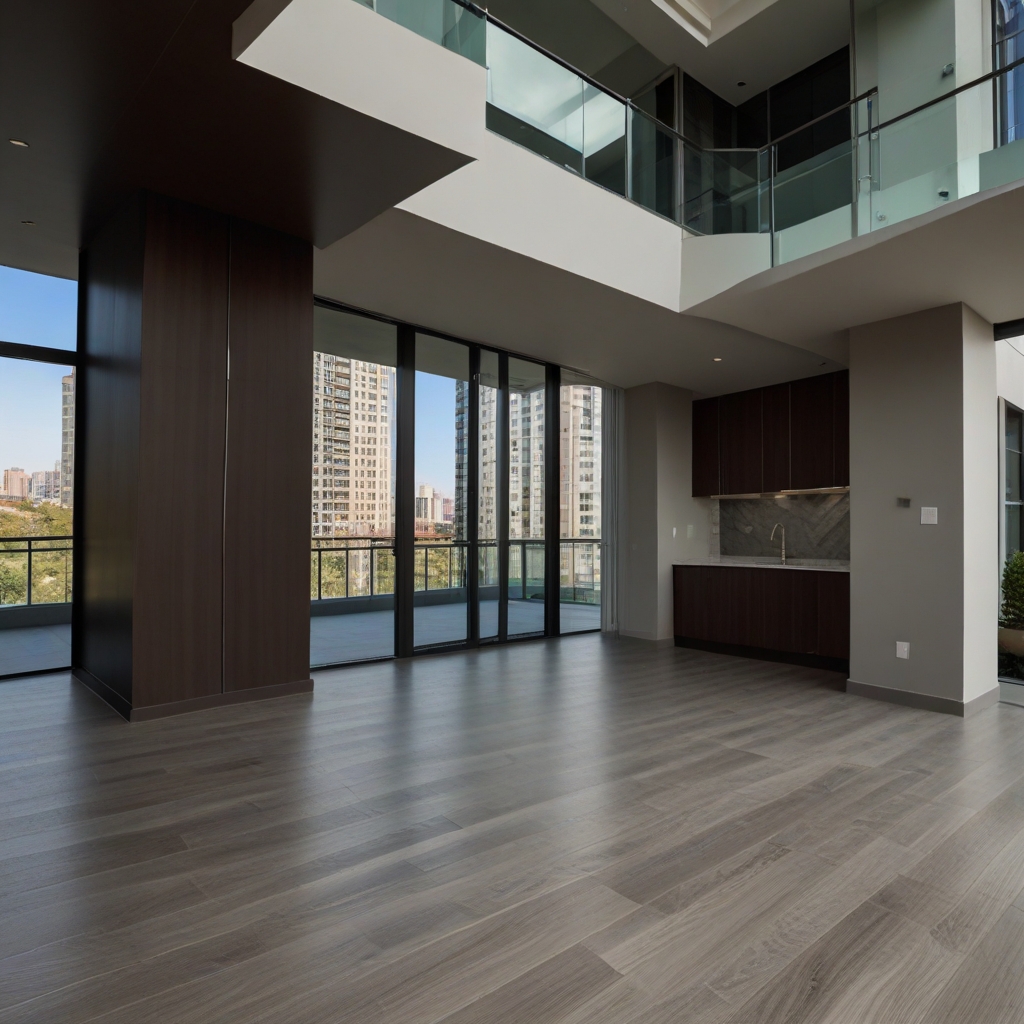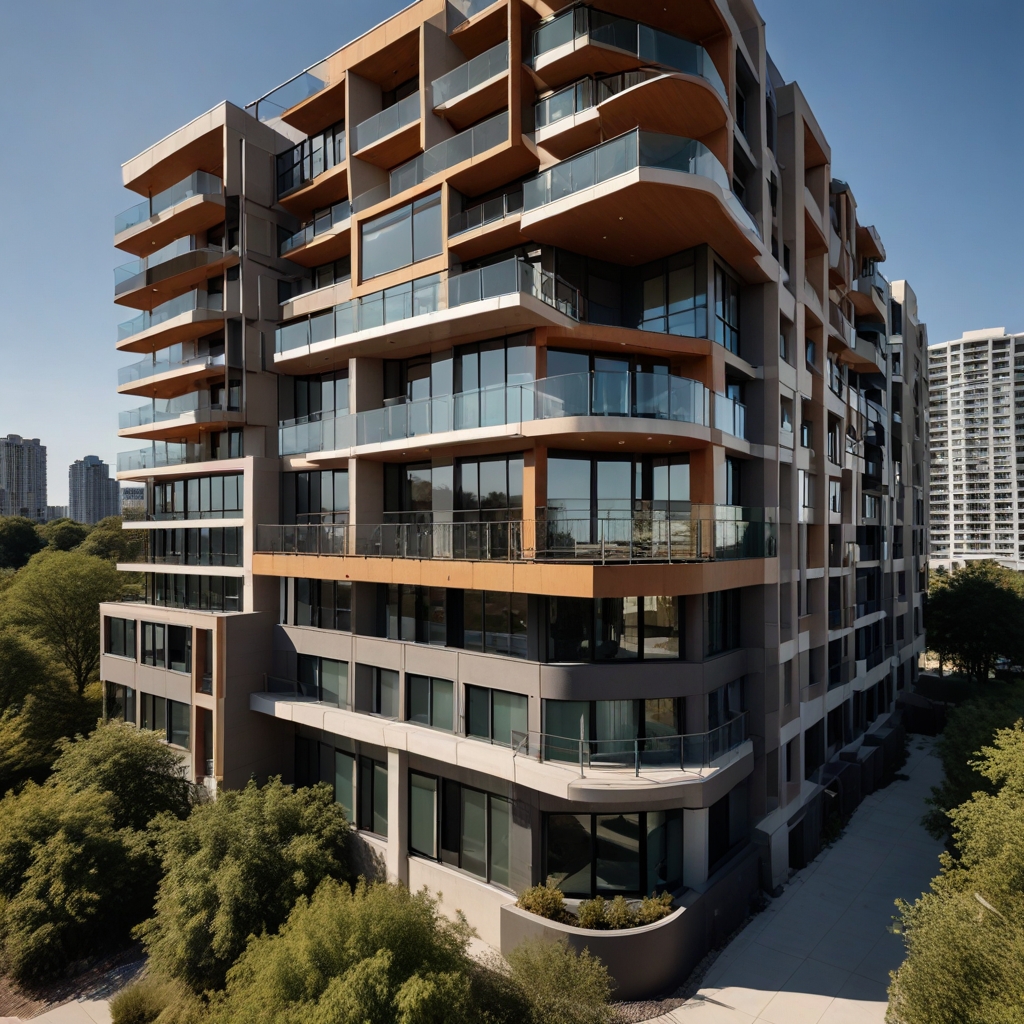
Attracting quality tenants quickly involves targeted advertising, comprehensive tenant screening, and showcasing desirable features. Understanding and implementing specific strategies can significantly reduce rental vacancies and attract desirable renters through an effective tenant background check process.
To determine the best rental market analysis for your rental properties, research local community demographics and target renters whose lifestyle and income match your offerings. Popular platforms for advertising rentals specifically include social media tailored to demographics, real estate websites with property listing optimization, and local community boards. Measuring the success of these targeted advertising efforts involves tracking engagement rates, conversion rates, and direct feedback from rental property marketing campaigns to optimize future efforts.
The rental property marketing plan should allocate at least 30% of your advertising efforts toward the age group that dominates your renter market. Successful targeted ads should generate a minimum of ten leads per month for effectiveness evaluation. A good conversion rate from these advertisements typically stands at about 5-10%, indicating the ads' suitability to the target audience.
The features most important to highlight in rental property listings include security measures, modern amenities, and proximity to transportation or employment centers. Tailoring the property to suit upscale or niche renters can involve installing smart home technology or offering flexible lease agreement terms. Research shows that top amenities such as in-unit laundry, gym facilities, and high-speed internet access are incredibly influential in securing high-quality tenants through proper tenant screening compliance.
Recent studies indicate that about 70% of potential tenants prioritize rentals with on-site amenities. Properties showcasing enhanced features can experience up to a 50% increase in inquiries. Including top-end amenities can result in an average increase of 20% in rental yield, making rental property amenities a worthwhile investment for property owners.
SilverHomes.AI tenant screening service emphasizes how pivotal tenant satisfaction metrics are for landlords and property managers to refine their rental offerings and advertising strategies to secure and maintain quality tenants efficiently.

| Aspect | Importance | Strategy | Effectiveness | Time | Cost |
|---|---|---|---|---|---|
| Listing Quality | High | Professional photos & detailed description | Very effective | 1-2 weeks | $$ |
| Rental Pricing | High | Competitive market research | Effective | 2-4 weeks | $$ |
| Property Maintenance | High | Regular upkeep & repairs | Very effective | 1-3 weeks | $$ |
| Marketing Channels | Medium | Online listings & social media | Effective | 2-4 weeks | $ |
| Tenant Screening | High | Thorough background checks | Highly effective | 2-4 weeks | $$ |
| Communication | Medium | Respond quickly to inquiries | Effective | 1-2 weeks | $ |
Digital lease signing and tenant screening software automates the evaluation process, significantly reducing the time required to assess prospective renters. By using an automated tenant communication platform, landlords can handle multiple applications simultaneously while ensuring each candidate is evaluated against consistent criteria. Comprehensive tenant screening and background check processes typically include credit score requirements, rental history verification, and criminal history screening, which are key indicators of a prospective tenant's dependability. Such tools prove beneficial in 2023, optimizing the screening process effectively.
Implementing an integrated screening tool with income verification methods can cut screening time by up to 50%. Automated tools are capable of eliminating approximately 30-40% of unsuitable applicants based on preset criteria. An effective tenant screening tool should be able to screen at least 100 applicants per month, helping property managers maintain high occupancy rates with quality tenants, optimizing their workflow significantly in 2024.
To produce high-quality listings, landlords should focus on clarity, completeness, and attractiveness of the advertisement. Key elements of an effective rental property marketing strategy include detailed descriptions, clear amenities listings, and accurate property specifications. Utilizing professional rental property photography can greatly enhance the visual appeal of listings, significantly increasing click-through rates by making the advertisement more engaging and appealing.
The average cost of professional real estate photos is typically between $100 and $300, depending on the property size and location. Rental property listings featuring professional photography receive 200% more views compared to those without, leading to an approximate 89% increase in inquiries, showcasing the substantial impact of high-quality images on tenant interest in 2023.

To determine competitive rental pricing through market analysis tools, landlords analyze similar local listings and evaluate their amenities, location, and size. Key market factors such as average local income, rent control regulations, and seasonal demand fluctuations should guide your pricing strategy. Rental prices should undergo analysis and adjustment at least bi-annually, ensuring they align with current rental market trends.
The median rent price in the area provides a benchmark for setting rent; typically, competitively priced rentals are 5-10% under this figure. Property managers with property management certification might adjust prices up to three times a year to optimally balance demand and supply while ensuring their units remain attractive to quality tenants.
Prospective tenants with tenant insurance requirements often prioritize property specifics such as square footage, access to public transport, and nearby amenities in their decision-making process. Listing descriptions should be meticulously detailed and answer common tenants' inquiries such as utilities inclusion, pet policies, and parking availability. Providing precise and comprehensive property information through an online tenant portal significantly improves tenant-interest and helps secure commitments faster.
Indeed, the level of detail in a property listing directly impacts the quality of tenant inquiries and applications. Including high-quality photos, virtual property tours in 2023, and detailing improvements or renovations can significantly enhance a property's appeal, leading to faster leases and attracting tenants who are a better match for the premises.